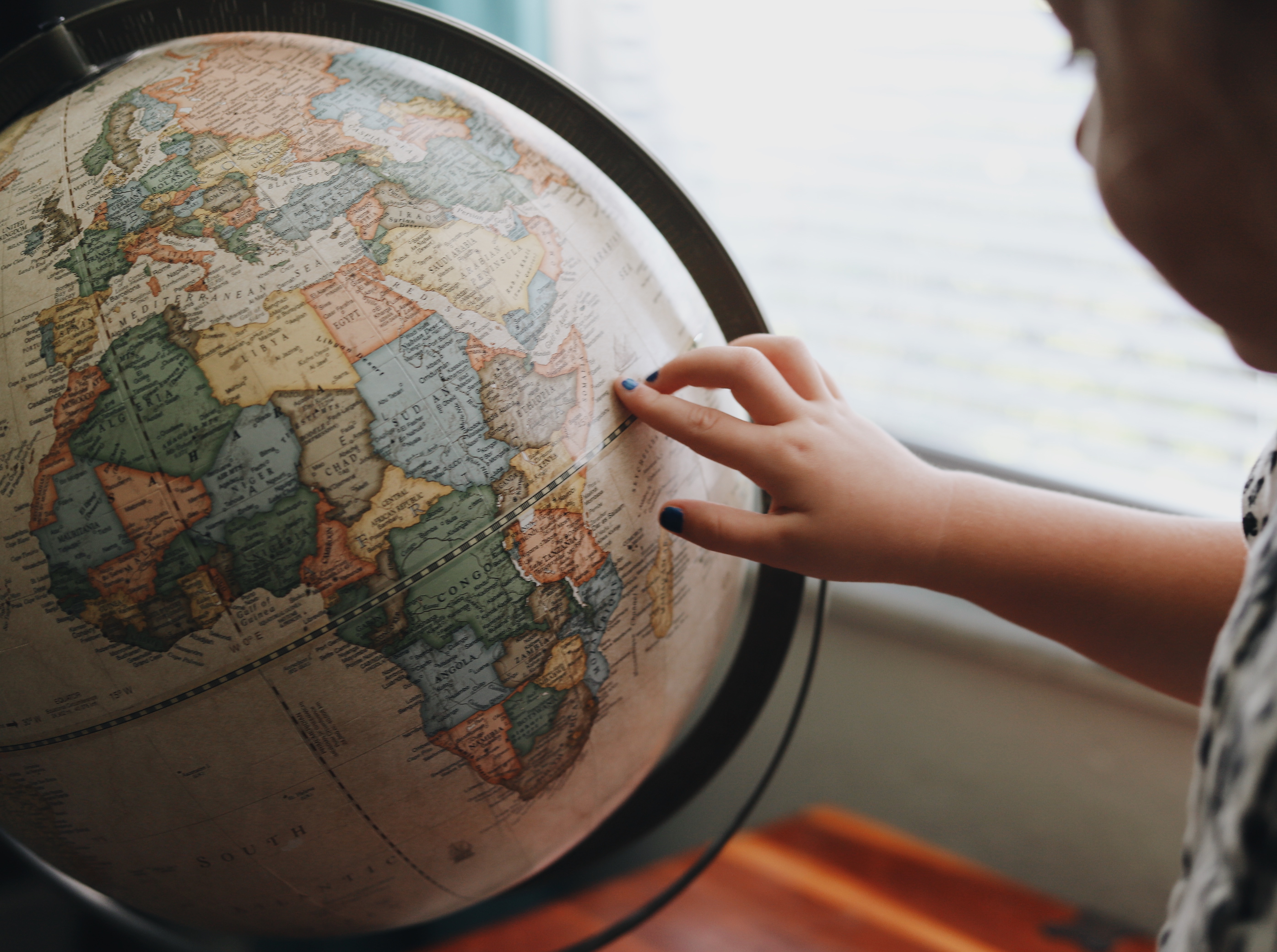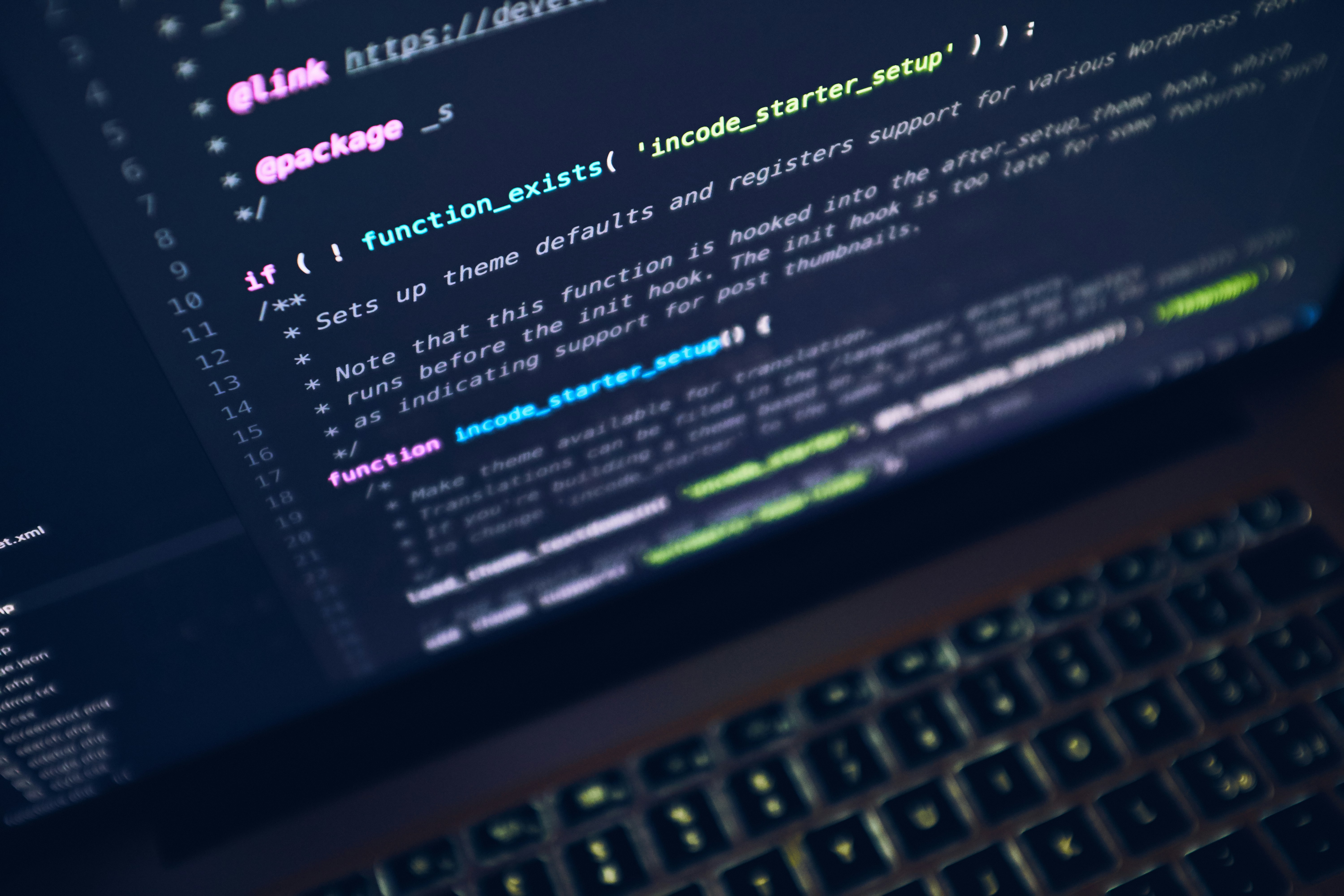Sustainable Development Goals Remain a Priority for Global Economy
The Sustainable Development Goals (SDGs), adopted by all United Nations Member States in 2015, set forth a universal call to action to end poverty, protect the planet, and ensure that all people enjoy peace and prosperity by 2030. These goals encompass a wide range of interconnected issues, from poverty eradication to climate action, aiming to create a sustainable future for present and future generations. Here’s an exploration of why the SDGs remain a priority for the global economy:
1. Addressing Global Challenges
Eradicating Poverty: Goal 1 aims to end poverty in all its forms everywhere, focusing on reducing inequality and ensuring inclusive economic growth.
Ensuring Health and Well-being: Goals 3 and 4 focus on promoting health and well-being for all ages and ensuring inclusive and equitable quality education for all.
Combatting Climate Change: Goal 13 emphasizes urgent action to combat climate change and its impacts, recognizing it as one of the greatest challenges facing humanity.
2. Promoting Economic Growth and Decent Work
Sustainable Economic Growth: Goal 8 calls for promoting sustained, inclusive, and sustainable economic growth, full and productive employment, and decent work for all.
Industry, Innovation, and Infrastructure: Goal 9 aims to build resilient infrastructure, promote inclusive and sustainable industrialization, and foster innovation.
3. Protecting the Planet
Sustainable Consumption and Production: Goal 12 encourages responsible consumption and production patterns to minimize ecological impacts and promote sustainable lifestyles.
Life Below Water and Life on Land: Goals 14 and 15 focus on conserving and sustainably using marine and terrestrial ecosystems, addressing biodiversity loss and promoting sustainable management of natural resources.
4. Partnerships for the Goals
Global Partnership: Goal 17 emphasizes the importance of global partnerships and cooperation to achieve the SDGs, mobilizing resources, sharing knowledge, and fostering innovation.
5. Business and SDGs
Corporate Responsibility: Businesses play a crucial role in achieving the SDGs through responsible business practices, sustainable operations, and social impact initiatives.
Investment Opportunities: The pursuit of sustainable development creates new markets and investment opportunities, driving innovation and economic growth while addressing social and environmental challenges.
6. Policy and Governance
Policy Alignment: Governments and international organizations align policies and regulations with the SDGs to promote sustainable development, foster resilience, and build inclusive societies.
Monitoring and Accountability: Regular monitoring, reporting, and accountability mechanisms track progress towards the SDGs, ensuring transparency and collective action towards shared global goals.
Conclusion
The Sustainable Development Goals represent a comprehensive framework for addressing global challenges and fostering a sustainable future for all. As the world navigates complex issues such as climate change, inequality, and resource depletion, prioritizing the SDGs remains essential for achieving lasting social, environmental, and economic progress. By mobilizing collective action, fostering partnerships, and integrating sustainability into business practices and policy frameworks, the global community can work towards a more inclusive, resilient, and prosperous future by 2030 and beyond.
















